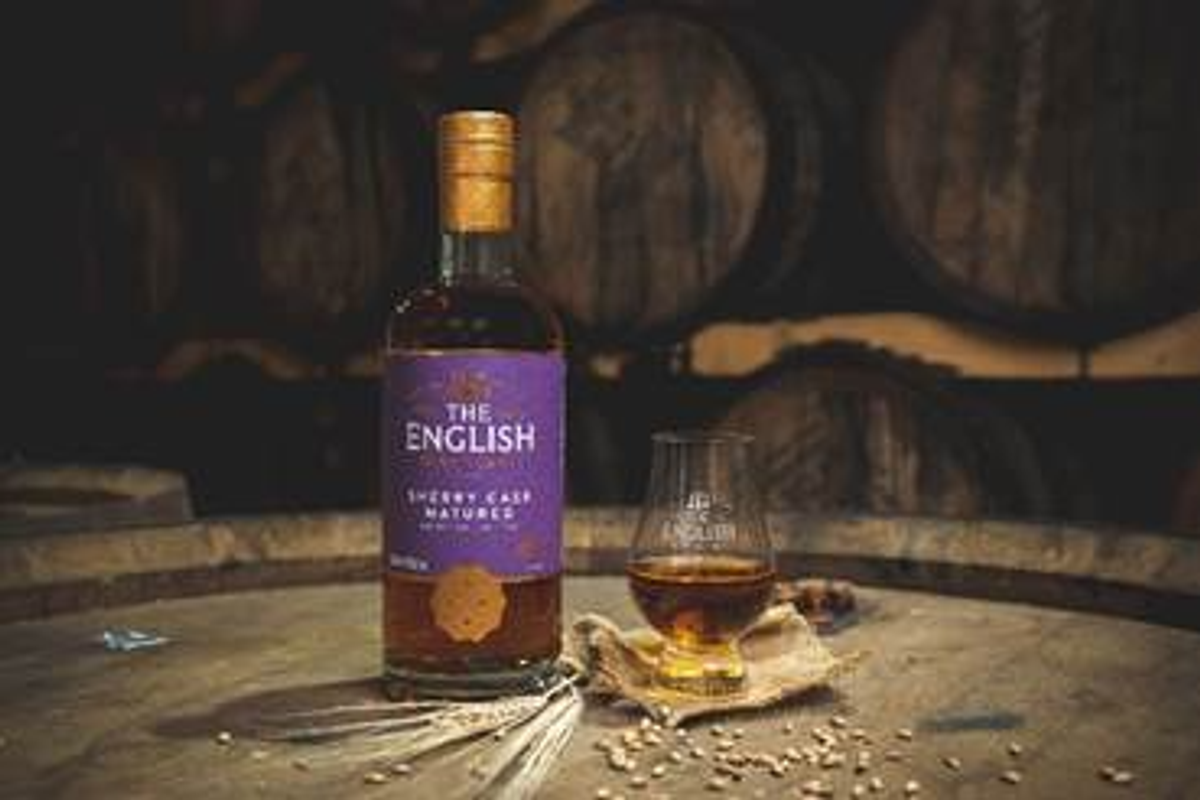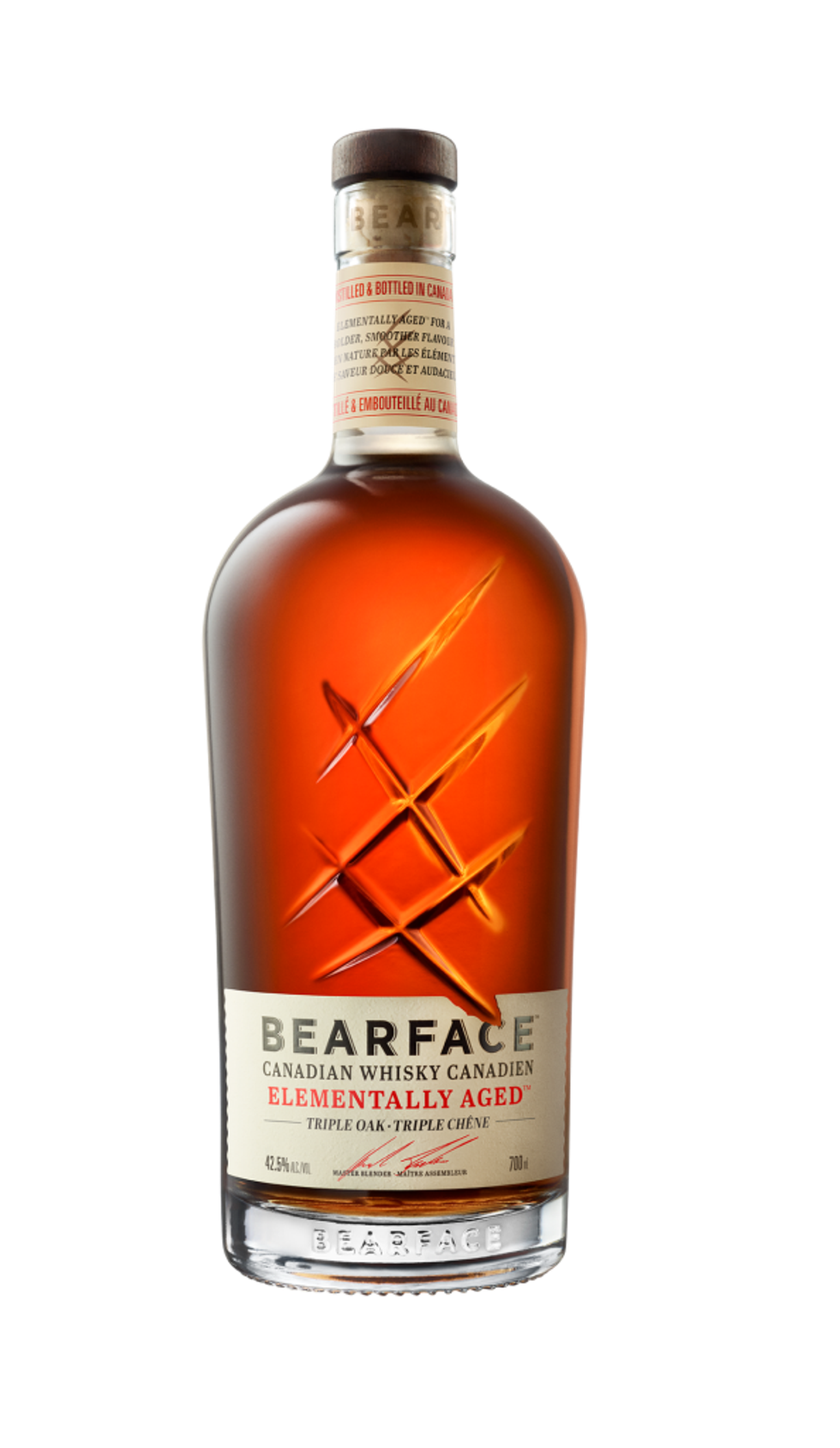The independent distributor Mangrove’s world whisky portfolio recently cleared up at the World Whiskies Awards 2024, with no less than six products winning global recognition. Included in the series of awards was the naming of the World’s Best Single Malt 2024, which was granted to The English Sherry Cask Matured, distilled in Norfolk. The wider portfolio brings together the best the world has to offer of independent spirits production, and this latest series of awards for the world whisky category acknowledges the high-quality of Mangrove’s particular collection.
Beginning with the biggest of the Awards, is the recently launched Sherry Cask Matured whisky produced by The English Distillery. Not only is this testament to the producers, but also puts English Whisky back as a courageous challenger of its Scotch and Irish counterparts. A family business in every sense of the word, The English Distillery is about to enter its 18th year of production – a wonderful year to celebrate winning World’s Best Single Malt above the world’s most well-known, premium, and beloved whiskies. Upon its opening in 2006, The English became England’s first whisky distillery to open in over 100 years. With the brand’s apt strapline, ‘Pioneers of English Whisky’, this latest win puts the region back on the map for whisky lovers across the globe.
“After recently visiting The English Distillery and chatting with the team about the range, it became crystal clear what a special whisky the Sherry Cask Matured is," said Stef Holt, Curator of Mangrove’s World Whisky portfolio commented on the big win. "The care and attention that’s gone into this liquid is incredible – down to the team seasoning their own PX Casks to hone the flavour.
"This is a coming-of-age tale, and whilst, at Mangrove, we all knew that these whiskies were amongst the best in the world – The English Distillery now has the title to prove it.”
The next winner, picking up the World’s Best Canadian Corn award, was Bearface Elementally Aged Triple Oak, a testament to the producer’s unique and careful ageing process, which involves no less than three types of oak cask and exposure to the extreme elements of the Canadian wilderness. A spirit that appeals to ‘explorers’ of world whisky, and purists alike – its wide appeal has no doubt played a part in it being critically acclaimed.
In the category of World’s Best Tennessee Whisky, Mangrove brand Uncle Nearest 1856 Premium Aged Whisky came out on top. Already one of the world’s most awarded whiskies, racking up almost 2,000 awards since its release in 2017, the brand honours the first known African American Master Distiller, Nathan Green. Known as “Uncle Nearest” to his friends and family, he imparted his knowledge to a young Jack Daniel, and by doing so undoubtedly changed the world of whisky for generations to come. The spirit itself is bottled at 100% proof, 50% ABV, and hits the palate with notes of caramelised nuts, oat cookies, brown sugar, sandalwood, with hints of corn and cut grass.
Moving through to recognition for other regions of the world, Denmark’s Stauning distillery won Best Danish Rye, 12 years and under for its Single Rye Maple Syrup Cask Finish. Founded by nine friends from a variety of backgrounds, in a remote village in the West of Denmark, Stauning began as a passion project and has become one of the most exciting and daring whisky brands in the world. The team aren’t afraid to do things differently and have received praise for their use of local grains, traditional techniques like floor-malting and a focus on flavour and craft, over age. The distillery itself features exquisite Scandinavian design and has become a tourist attraction in its own right, as well as a source of regeneration for the surrounding area.
Mangrove brand, Milk & Honey won the best-in-class award for Best Israeli, 12 years and under for its spectacular Apex: Dead Sea. And this accolade comes fresh off the back of last year’s big win – where the distillery’s Elements Sherry Cask walked away with the title of World’s Best Single Malt. One of a small batch series that explores different innovations and creative approaches to distilling, this year’s winning whisky is aged in the lowest place on earth – The Dead Sea. Israel’s first whisky producer, the distillery has mastered hot-climate maturation with the help of Dr. Jim Swan, meaning an exceptional level of depth and complexity can be achieved, with less aging. For world whisky lovers, Milk & Honey’s exploration of place, casks, techniques and terroirs presents a wonderful opportunity to take a trip across the world – bottle by bottle.
The final winner from Mangrove’s stellar portfolio, is Balcones Distilling who walked away with the title of World’s Best Craft Producer. Based in their Texan hometown of Waco, the Balcones team focus on creating deliciously authentic spirits that remain true to the ingredients they’re made with. Their copper-stills were designed and built by Scottish artisans, and the small team is dedicated to creating drinkable spirits that retain the delectable flavours of the raw ingredients that gave them life.
“World whisky is more than a movement, it’s a broadening and diversification of the category and one that takes whisky drinkers on a journey across the globe," said Nick Gillett, Managing Director of Mangrove Global.
"Over the years we’ve carefully curated a selection of delicious and exceptional liquids. And the number of brands within our portfolio that have won at this year’s World Whiskies Awards is testament to what a truly exceptional collection it is.”




